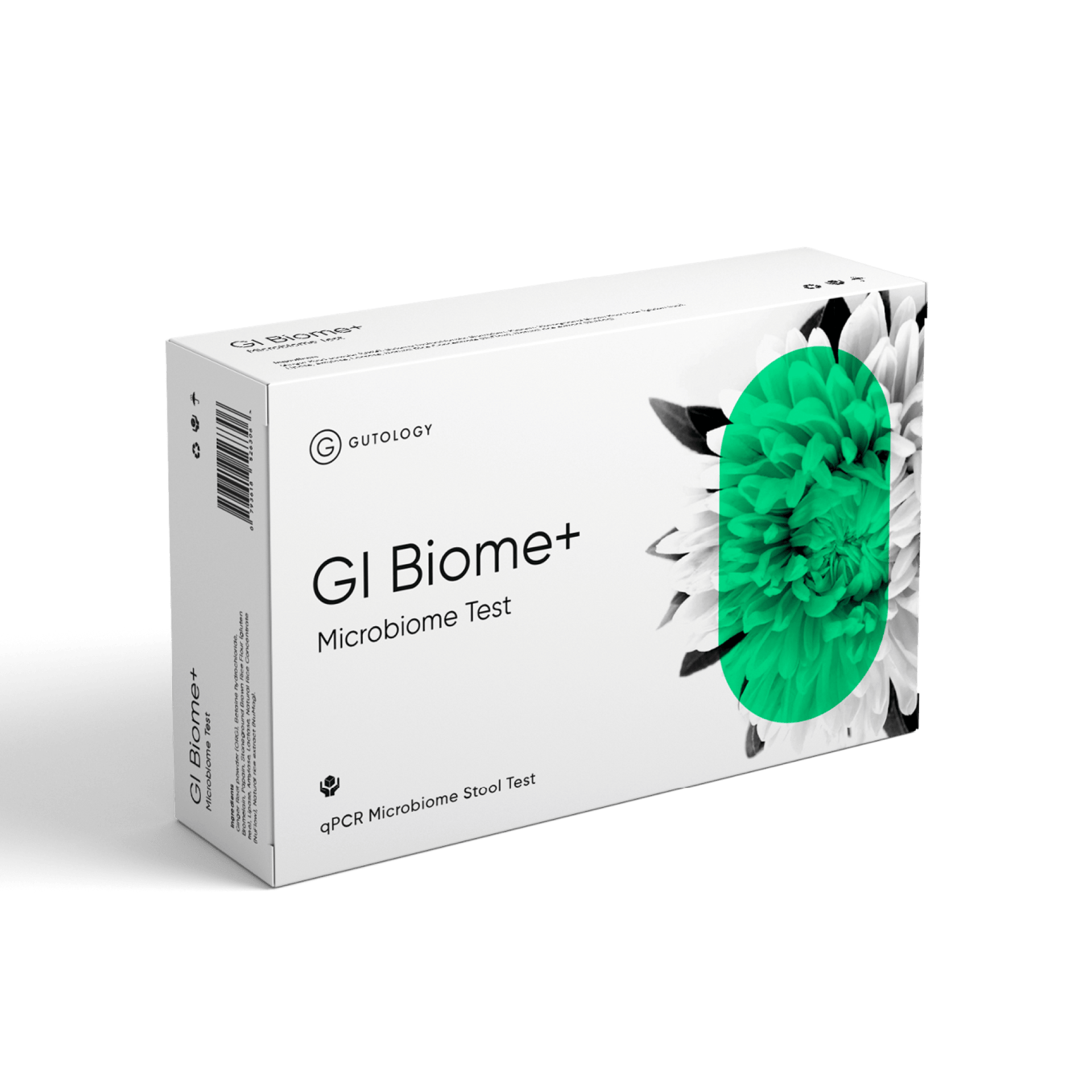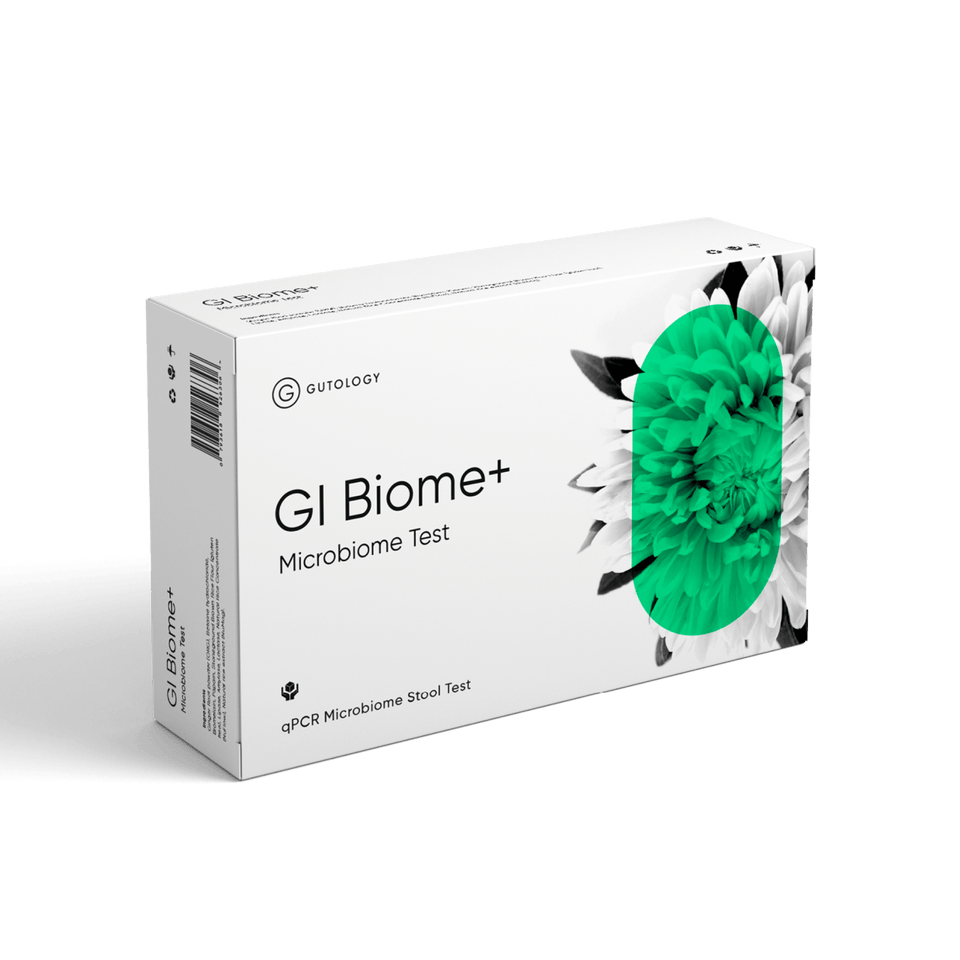We're slowly starting to open our eyes to the far reaching health implications of our microbiome. We made simple connections to our toilet habits, then our immune system - but now the full extent of our Gut Health is starting to be explored. Dr Jack Gilbert is pioneering some of this work, understanding the triggers, so we can aspire to treat the cause. So can your Asthma really be connected to your Gut Health? Let's find out...
The Gut-Lung Axis
Asthma is one of the most common chronic respiratory diseases worldwide. It affects all ages but frequently begins in childhood. Initiation and exacerbations may depend on individual susceptibility, viral infections1, allergen exposure, tobacco smoke exposure, and outdoor air pollution. Several studies have confirmed the role of microbiota in the regulation of immune function and the development of atopy and asthma.
Dr Jack Gilbert
If you hung out with Dr Jack Gilbert, you'd leave thinking 'Dirt is good', it's a big part of his outlook our relationship on the microbial eco-sytem both inside our gut and out in the world. In fact, he published his own book called 'Dirt is Good'2. He's a microbial ecologist whose ongoing research is focused on exploring how microbial communities assemble themselves in natural and man-made environments.
We recently had him as guest on The Gutology Podcast & his insight on Asthma & the microbiome was fascinating.
If that's really blown your mind, you can listen to the full podcast - where we take a deep dive into mood & depression.
What can you do as an adult with Asthma?
There are two main types of asthma:
- Allergic asthma is triggered by an over-active immune response to something that is a normal part of our environment. This could be something like pollen, pet dander or a food. This type of asthma tends to run in families and typically develops during childhood. Sufferers often also have other allergic conditions such as eczema or hay fever.
- Non-allergic asthma is the term used for types of asthma caused by other triggers. This includes asthma that develops from smoking, as well as asthma caused by pollution or exercise3.
Asthma is usually diagnosed by a GP based on a person’s symptoms and a breath test. The breath tests can measure how much air a person’s lungs can hold and detect if inflammation is present in the airways.
A functional medicine or nutritional approach would include the following things:
- Testing for immune reactions
- Supporting the immune to be less reactive
- Checking for imbalances in the Gut or hormones
- Adapting your diet
Are there foods I should avoid?
Chronic inflammation occurs with various diseases, such as psoriasis, rheumatoid arthritis, and asthma. There is evidence that dietary choices may help manage the symptoms.
An anti-inflammatory diet favours fruits and vegetables, foods containing omega-3 fatty acids, whole grains, lean protein, healthful fats, and spices. It discourages or limits the consumption of processed foods, red meats, alcohol and sugar).
The anti-inflammatory diet is not a specific regimen but rather a style of eating. The Mediterranean diet and the DASH diet are examples of anti-inflammatory diets - you can check out the Perfect IBS Diet here.
- https://www.ncbi.nlm.nih.gov/pmc/articles/PMC6337651/
- https://www.amazon.co.uk/Dirt-Good-Advantage-Childs-Developing/dp/1250132606
- https://www.ncbi.nlm.nih.gov/books/NBK279520/
- https://www.medicalnewstoday.com/articles/320233#what-is-an-anti-inflammatory-diet



